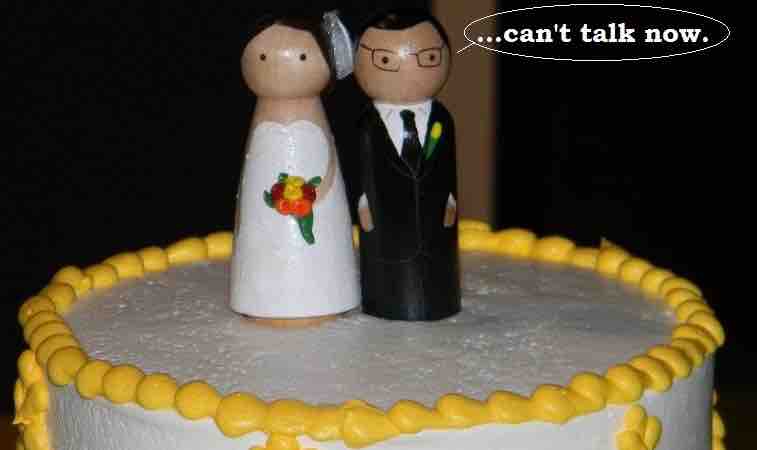Spousal privilege. A unique area of the law that would make any married coupe nervous if deciding to assert the right or not.
 There was a lot of media coverage coming from New York where two inmates serving life sentences for murder escaped from a New York state prison. The interesting part that left media outlets salivating was the allegation that the two men were helped by a prison guard. Apparently part of the plot was to kill the prison guards husband once they escaped. That poor guy was also a prison guard for the same prison. Shortly after the escape, the husband went on national TV where he openly answered questions about his wife and what he knew or did not know about the escape.
There was a lot of media coverage coming from New York where two inmates serving life sentences for murder escaped from a New York state prison. The interesting part that left media outlets salivating was the allegation that the two men were helped by a prison guard. Apparently part of the plot was to kill the prison guards husband once they escaped. That poor guy was also a prison guard for the same prison. Shortly after the escape, the husband went on national TV where he openly answered questions about his wife and what he knew or did not know about the escape.
This raises an interesting but not all that common legal doctrine of privileged testimony of one spouse against another.
Generally, confidential communications made between a husband and wife are privileged from disclosure when the privilege is claimed by the testifying spouse. §19-11-30; State v. Motes, 264 S.C. 317, 215 S.E.2d 190 (1975).
§19-11-30. Competency of husband or wife of party as witness.
In any trial or inquiry in any suit, action, or proceeding in any court or before any person having, by law or consent of the parties, authority to examine witnesses or hear evidence, no husband or wife may be required to disclose any confidential or, in a criminal proceeding, any communication made by one to the other during their marriage.
Notwithstanding the above provisions, a husband or wife is required to disclose any communication, confidential or otherwise, made by one to the other during their marriage where the suit, action, or proceeding concerns or is based on child abuse or neglect, the death of a child, or criminal sexual conduct involving a minor.
Basis for the privilege
The primary basis for the privilege is to promote and protect the marital relationship by allowing a person to refuse to testify against his or her own spouse.
Limitations
The privilege does not extend to cases where the claim is based on child abuse or neglect, the death of a child, or criminal sexual conduct involving a minor.
How does it work?
The marital privilege applies to almost any communication in a criminal case (exceptions stated above) but it only applies to confidential communications in a civil case. The privilege does not protect physical acts of assault.
When a spouse does invoke the privilege, the privilege belongs to the testifying spouse and cannot be used by the other spouse to prevent his or her spouse from providing voluntary testimony. So if your spouse decides to testify against you, there’s nothing you can do to stop it.
Waiver
Privileges have to be properly asserted and, if not, they may be waived. So if a spouse does not assert the privilege or does not know how to properly assert the privilege it will be waived and testimony can be taken.
Charleston Criminal Defense Lawyer
If you have a spousal privilege issue in your case call an experienced and trusted Charleston criminal lawyer at the Dale Savage Law Firm today for a free case consultation (843) 530-7813.

